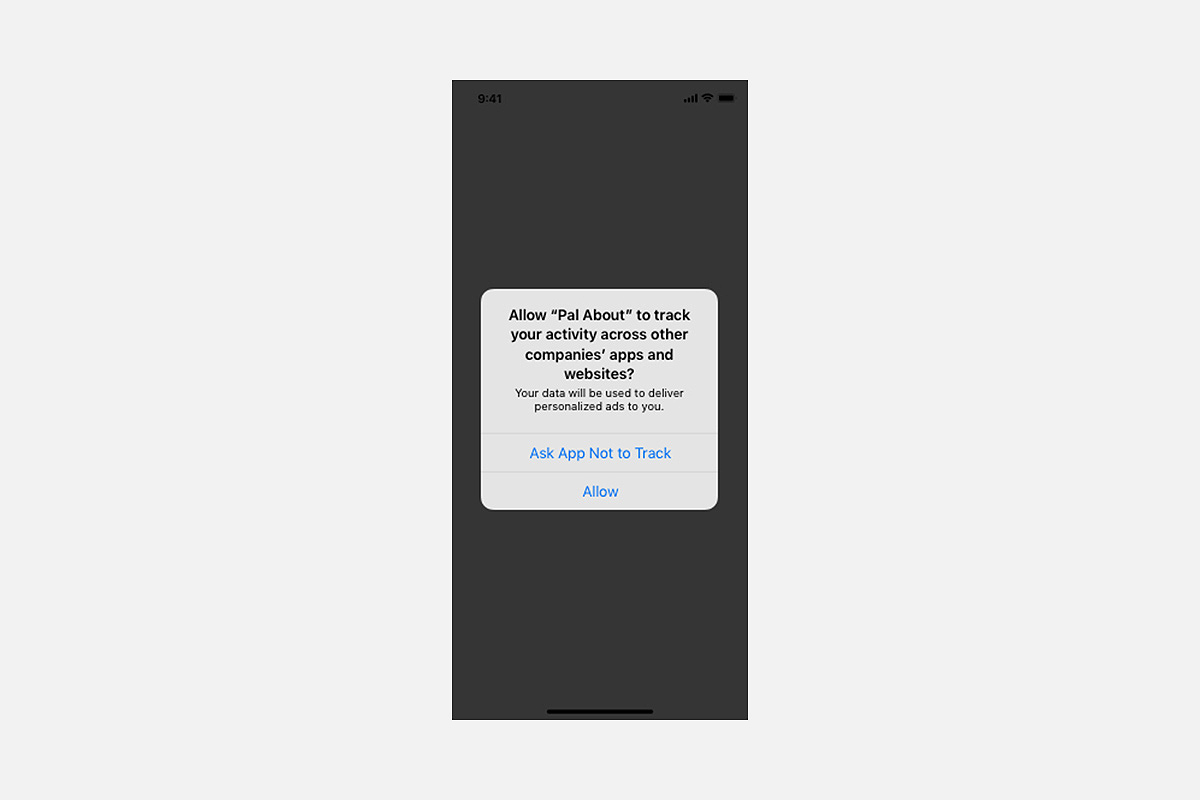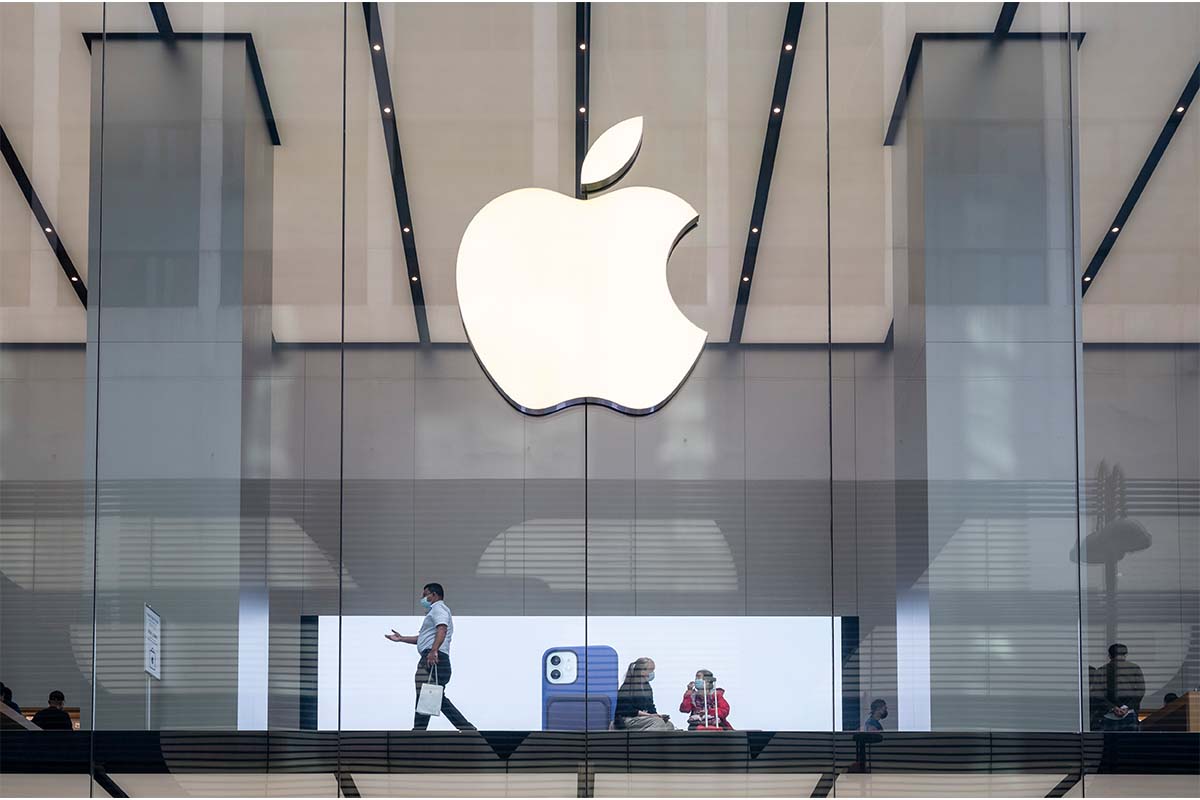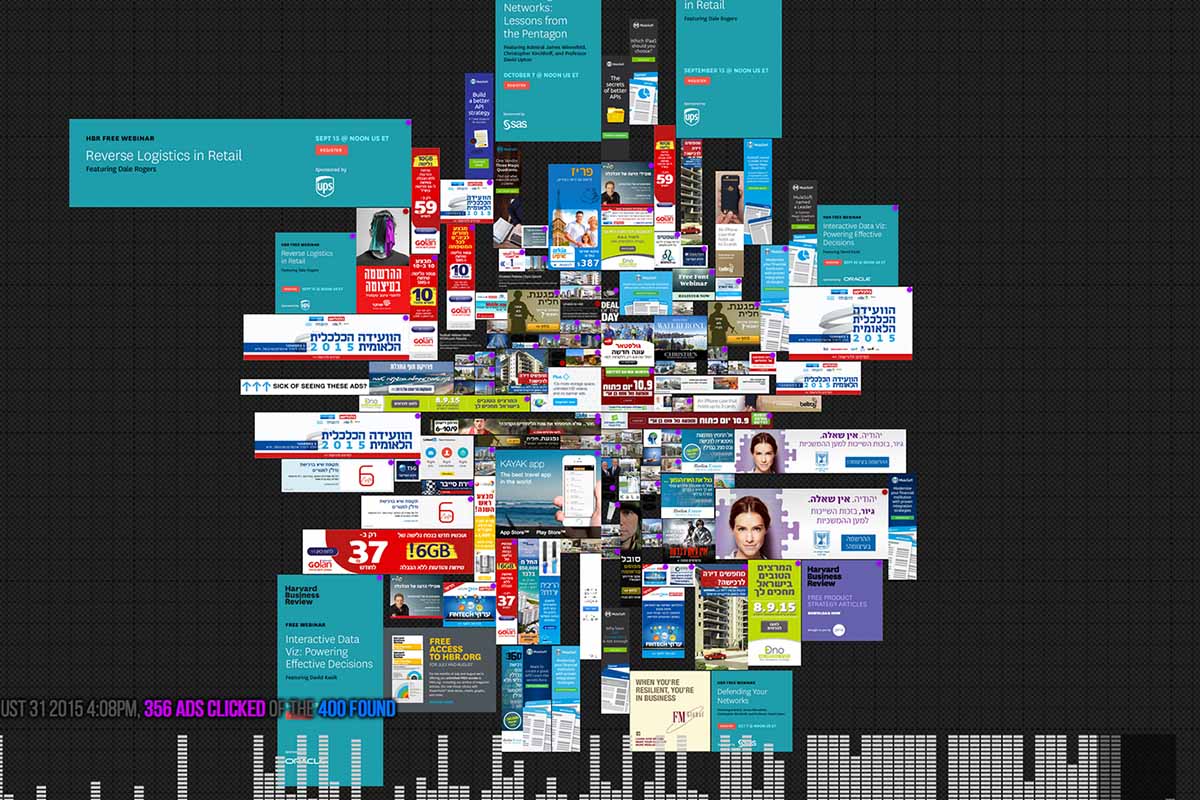Starting Monday, Apple began rolling out iOS 14.5, which features App Tracking Transparency (ATT), a feature designed to give users more control over how their data is shared.
As Vox notes, the update will allow iPhone and iPad users to voluntarily opt out of tracking in apps that monitor their behavior and share that data with third parties (you’ll see this in a pop-up).
In a note to developers, Apple now demands the following: “You must use the AppTrackingTransparency framework if your app collects data about end users and shares it with other companies for purposes of tracking across apps and web sites. The AppTrackingTransparency framework presents an app-tracking authorization request to the user and provides the tracking authorization status.”
Basically, you have more choice with how you’re tracked and what apps can do with your info. Google and Facebook are, obviously, not thrilled with the update, as their ability to target ads to users is severely curtailed. “This is a huge step in the right direction, if only because it’s making Facebook sweat,” as Gennie Gebhart, a director at the Electronic Frontier Foundation, told the New York Times.
Facebook, in turn, has started a public relations war with Apple, calling the update anti-competitive. It’s also considering an anti-trust lawsuit. Google, meanwhile, has been publicly a bit more realistic in its approach; a Google Ads & Commerce blog simply notes the company is complying but warns, “App publishers may see a significant impact to their Google ad revenue on iOS after Apple’s ATT policies take effect.”
Apple CEO Tim Cook, meanwhile, doesn’t seem to really care what Facebook thinks. “For us, privacy is a basic human right,” he told tech reporter Kara Swisher in a podcast earlier this month. “And it’s a right that other rights are built off of. It’s that kind of core. It’s bedrock. And it’s not something that I just decided a few years ago. As I remember, Steve [Jobs] commented on this with you over a decade ago. He said something like, privacy means people know what they’re signing up for in plain English, repeatedly. The individual should own their data. And they should own the ability to say who gets it and what of their data they get and what they use it for. And frankly, that’s not the situation of today.”

Apple explains examples of tracking as the following: Targeted ads based on user data collected by apps and websites owned by other companies, apps that share device location or email lists with data brokers, apps that share emails and other IDs with third-party ad networks and apps that utilize a third-party SDK to combine user data with other apps to target ads.
Not included? Data from your app that is not sent off or used in a way that can identify you or your device, and sharing info with data brokers that work in fraud prevention or security.
Don’t care about tracking? Other changes in iOS 14.5 include the ability for Siri to open and play music from non-Apple apps like Spotify, as well as your phone now being able to recognize you and unlock even if you’re wearing a mask.
Thanks for reading InsideHook. Sign up for our daily newsletter and be in the know.


















